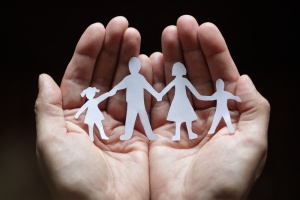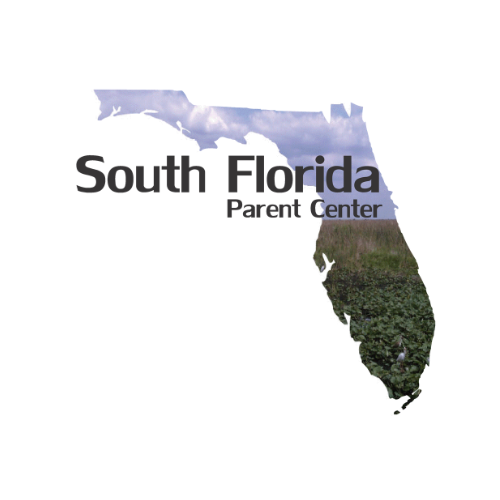In regard to disability, I have become convinced that the only sustainable way to achieve equality will not come from a trickle-down effect. As well-meaning as anyone would like to believe government passage of law to be, enforcement is not consistent enough and the penalties are not severe enough for uniform implementation and acceptance. What I have noticed is that nationally isolated pockets of compliance exist based, for the most part, on the involvement of the local populace. The more involved parents and the community are as a whole, the more likely that individuals are accepted, that services are available, and that there is compliance with the law.
 The first step in bringing about equality, is to make the responsibility for all individuals with disabilities in a community – both children and adults – a shared one. The saying that it takes a village to raise a child rings true, especially in this context. For this to happen requires each community to accept that individuals with disabilities should be visible and included, not just on special occasions for special events, but daily in all community events. In an effort to provide and protect, much in the way of equality has been sacrificed as isolated, segregated environments were created instead of inclusive, integrated ones.
The first step in bringing about equality, is to make the responsibility for all individuals with disabilities in a community – both children and adults – a shared one. The saying that it takes a village to raise a child rings true, especially in this context. For this to happen requires each community to accept that individuals with disabilities should be visible and included, not just on special occasions for special events, but daily in all community events. In an effort to provide and protect, much in the way of equality has been sacrificed as isolated, segregated environments were created instead of inclusive, integrated ones.
This can be reflected in much of the terminology we have come to accept in defining persons with disabilities – and it is so hard to overcome labels once they are placed. I am sure someone had well-meaning ideas when adopting terms such “special,” “exceptional,” and “sheltered.” This perceived need to protect, it inadvertently leads to segregation and isolation.
So the answer seems to be simple: make disability part of mainstreamed life and not a segregated isolated portion of society. It is time that this needs to happen. There has been a promise for decades and it needs to be fulfilled. History has shown with any civil rights movement that there needs to be a consistent, unified, maintained effort to achieve this, as demonstrated by the efforts of ADAPT, a national grass-roots community that organizes disability rights activists.
Rights are not bestowed they are claimed. It is time to claim disability as part of society that transcends all with no regard for economic status, race, gender, age, or personal plans. Up until now disability never seemed to receive acceptance until one was personally impacted by it. Disability is not something that happens to others – but is rather something that will eventually happen to everyone.
The following quote from Brown vs the Board of Education from 1954 is so true and easily applied when discussing the education of children with disabilities today over sixty years later:
“Separate educational facilities are inherently unequal. This inherent inequality stems from the stigma created by purposeful segregation which generates a feeling of inferiority that may affect their hearts and minds in a way unlikely ever to be undone.” Chief Justice Earl Warren, May 17, 1954
In my chosen profession I speak with families and individuals with disabilities daily. They call seeking resources and assistance regarding a wide variety of situations with the commonality that none are positive in nature. Over my thirty years of involvement, I have seen what can happen when we do accept disability and include it as part of everyday life as it should be: not special, not separate but part of the whole. When this does happen, the outcomes are inspirational.
“The popular belief is that protests arise when large numbers of individuals are fed up with the injustices of their lives. Actually, that rarely occurs. Rather, people rise up when they sense a whiff of hope.” Frank Bowe, Ragged Edge
